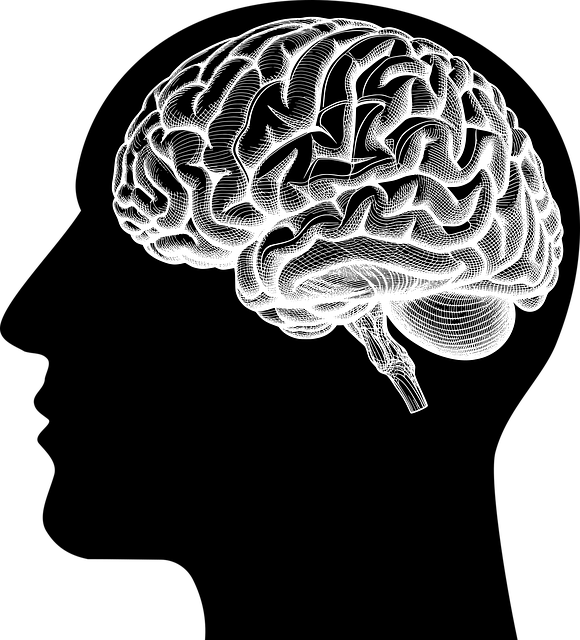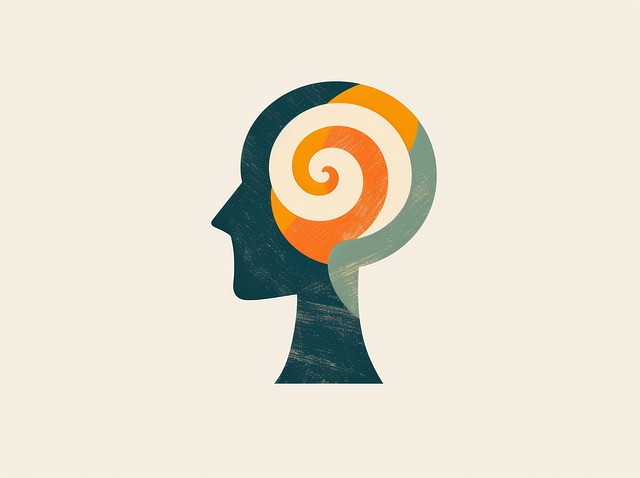Castle Rock Dialectical Behavioral Therapy (CRDBT) combines cognitive-behavioral techniques with mindfulness for complex mental health conditions. Data collection through records, surveys, and observations is crucial for understanding patient outcomes. Preparation, cultural sensitivity, and ethical risk management ensure accurate analysis. CRDBT's success lies in measuring symptom reduction, mood management, and positive thinking improvements, while patient feedback offers contextual insights. Advanced data analysis techniques leverage algorithms and machine learning to personalize interventions, enhancing therapy effectiveness through tailored strategies like Mindfulness Meditation and Empathy Building.
Mental health data analysis is a powerful tool for understanding and improving patient outcomes. In this article, we explore various aspects of mental health data interpretation, focusing on innovative approaches like Castle Rock Dialectical Behavioral Therapy (CRDBT). By examining CRDBT’s unique treatment methods and analyzing patient success rates, we uncover valuable insights. We discuss techniques for preparing and analyzing mental health data, interpreting trends, and enhancing care through advanced analytics. Discover how these strategies revolutionize support systems for better mental well-being.
- Understanding Mental Health Data: Collection and Preparation
- Castle Rock Dialectical Behavioral Therapy (CRDBT): A Unique Approach to Treatment
- Analyzing CRDBT Patient Outcomes: Measuring Success
- Interpreting Trends and Patterns in Mental Health Data
- Enhancing Care with Advanced Data Analysis Techniques
Understanding Mental Health Data: Collection and Preparation

Understanding Mental Health Data is a pivotal step in providing effective Castle Rock Dialectical Behavioral Therapy (DBT). The process begins with data collection, which involves various methods such as patient records, surveys, and clinical observations. Each method offers unique insights into an individual’s mental health journey, requiring careful consideration of factors like privacy and informed consent.
Preparation of this data is a crucial step that involves cleaning and organizing the collected information. This ensures that the data is accurate, consistent, and ready for analysis. In line with Crisis Intervention Guidance and Cultural Sensitivity in Mental Healthcare Practice, professionals must also consider the context and nuances embedded within the data, including socio-cultural influences and individual experiences. Effective risk management planning for mental health professionals is also integral to this phase, ensuring a safe and ethical handling of sensitive information.
Castle Rock Dialectical Behavioral Therapy (CRDBT): A Unique Approach to Treatment

Castle Rock Dialectical Behavioral Therapy (CRDBT) stands out as a unique and highly effective approach within the realm of mental health treatment. This therapy integrates cognitive-behavioral techniques with concepts from mindfulness, accepting, and understanding one’s emotions. CRDBT is designed to help individuals cultivate inner strength, enhance emotional regulation, and develop healthy coping mechanisms. Through this program, folks learn powerful conflict resolution techniques, enabling them to navigate challenging situations with more ease and resilience.
The Castle Rock Dialectical Behavioral Therapy focuses on teaching practical skills to manage distressing emotions, improve interpersonal effectiveness, and increase overall well-being. This tailored approach has been particularly successful in treating complex mental health conditions such as borderline personality disorder (BPD). By combining individual therapy sessions with group skills training, CRDBT creates a comprehensive framework that empowers individuals to take charge of their mental health journey.
Analyzing CRDBT Patient Outcomes: Measuring Success

Analyzing Castle Rock Dialectical Behavioral Therapy (CRDBT) patient outcomes is a meticulous process that measures success and informs treatment strategies. This involves assessing key metrics such as symptom reduction, mood management, and improvements in positive thinking. By comparing pre- and post-treatment data, therapists can gauge the effectiveness of CRDBT in addressing specific challenges faced by patients.
The analysis goes beyond quantitative measures, delving into qualitative feedback from patients to understand their lived experiences during therapy. This holistic approach ensures that the success of CRDBT is not just quantified but also contextualized, allowing for tailored adjustments and enhanced crisis intervention guidance. Effective interpretation of these data points can foster a more adaptive and responsive therapeutic environment, ultimately contributing to better patient outcomes.
Interpreting Trends and Patterns in Mental Health Data

In the realm of mental health data analysis, identifying trends and patterns is akin to unearthing a hidden symphony within the hustle and bustle of daily life. By applying advanced analytical techniques, professionals can delve into vast datasets collected from various sources, including Castle Rock Dialectical Behavioral Therapy (DBT) programs. These insights reveal not just individual stories but also broader community narratives. For instance, a close examination might uncover specific triggers or environmental factors contributing to heightened anxiety levels among teens, guiding the design of targeted Mental Health Education Programs.
Community Outreach Program Implementation can be significantly enhanced by such data-driven insights. For example, understanding the prevalence and nature of depression in different age groups could inform the development of tailored Mindfulness Meditation practices, fostering resilience and well-being. This analytical approach ensures that mental health interventions, both traditional and innovative, are not just reactive but proactive, aiming to revolutionize the way we support individuals and communities alike.
Enhancing Care with Advanced Data Analysis Techniques

In today’s digital era, advanced data analysis techniques are revolutionizing mental health care, particularly in practices like Castle Rock Dialectical Behavioral Therapy (DBT). By leveraging sophisticated algorithms and machine learning models, therapists can gain deeper insights into patient journeys, behaviors, and responses to treatments. This enables them to offer more personalized interventions, enhancing the effectiveness of therapy. For instance, analyzing trends in patient interactions with mental health apps or changes in emotional states through sentiment analysis of journal entries can provide crucial information for tailoring therapeutic strategies.
Furthermore, these data-driven approaches facilitate the integration of evidence-based practices such as Mindfulness Meditation and Empathy Building Strategies. By identifying patterns that indicate successful stress management techniques, therapists can guide patients more precisely, ensuring that treatments align with their unique needs. This not only accelerates progress but also fosters a stronger therapeutic alliance, ultimately leading to improved mental health outcomes.
Mental health data analysis plays a pivotal role in understanding patient trends, evaluating treatment effectiveness, and enhancing care. As highlighted by techniques like Castle Rock Dialectical Behavioral Therapy (CRDBT), advanced data interpretation allows for tailored interventions and improved outcomes. By delving into CRDBT patient successes and applying sophisticated analytical methods to mental health data, healthcare professionals can unlock insights that revolutionize care, fostering better lives for those seeking support.














